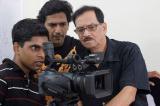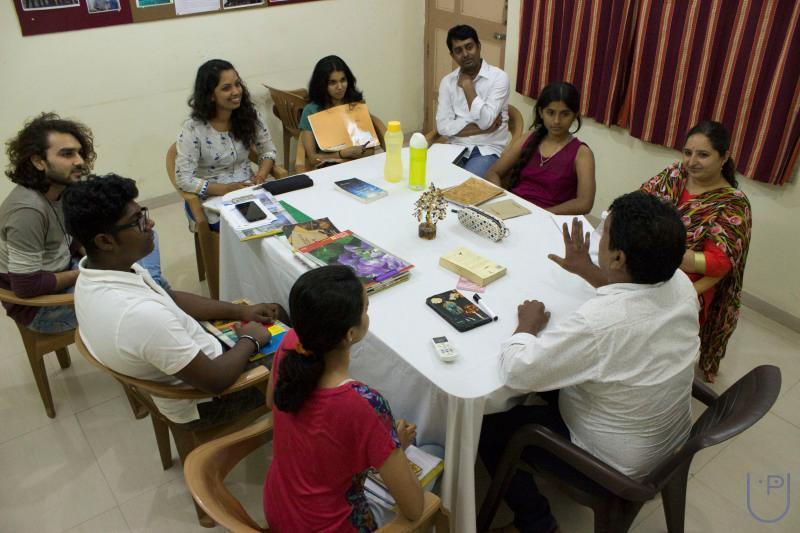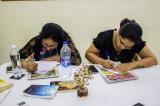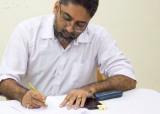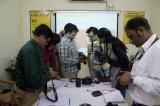Cinematography is to Filmmaking like a Lens is to a Camera; neither can function without the other. Hence, Cinematographers have one of the most essential jobs in any film production: bringing a director's vision to life.
They do this by creating unforgettable images that will have a meaningful impact on our minds. But artistry apart, Cinematography is also a highly technical field. A good Cinematographer needs to know the physics of optics, the chemistry of laboratory processing, the electronics of video cameras and the mathematics of exposure. If ever there was a profession that married science and art, it is the profession of Cinematography.
Living Bridgeâ??s philosophy of learning by doing means that our students develop their technical skills and artistic identities through a dynamic combination of classroom experience, practical hands-on exercises, and instructor-led individual projects. To this end, all students will be able to shoot at a basic level as well as appreciate the creative possibilities of cinematography.
Course Content:
- What is cinematography? Responsibilities of a cinematographer
- Human eye and persistence of vision
- Basics of a camera: still and movie camera, structure and working
- Lens: focal length, Depth of field, aperture
- Shutter speed and shutter angle.
- ISO, Exposure, contrast, zone system
- Basics of composition, Aspect Ratio, Composition in cinema
- Types of shot, camera angles, Imaginary line
- Action continuity, crossing the imaginary line
- Camera operation and camera movement
- Video camera controls and functions
- Study of natural light and lighting concepts
- Hands on practice of camera operation, composition and use of natural light
- Film screenings to understand different styles of cinematographers
- Screenings of studentâ??s exercises and feedback
Format:
The 16-day workshop will be broken down into three sections:
- The first 9 days will cover all the concepts of cinematography
Each day in this section will have a lecture/theory session in the morning followed by practical exercises regarding the same for the remainder of the day. There will also be film screenings during certain sessions. - During the next 5 days the students will develop and shoot their own projects
For the first 2 days in this section, the students will do the prep work for their project, i.e, each student will discuss and develop their project to the point of execution with the mentor.
Once the project is finalised, students will go and shoot during the day, and come back to class in the evening to show thier progress. - In the final 2 days, every student's project will be screened and discussed.
Students are required to bring their own Camera and Tripod.

